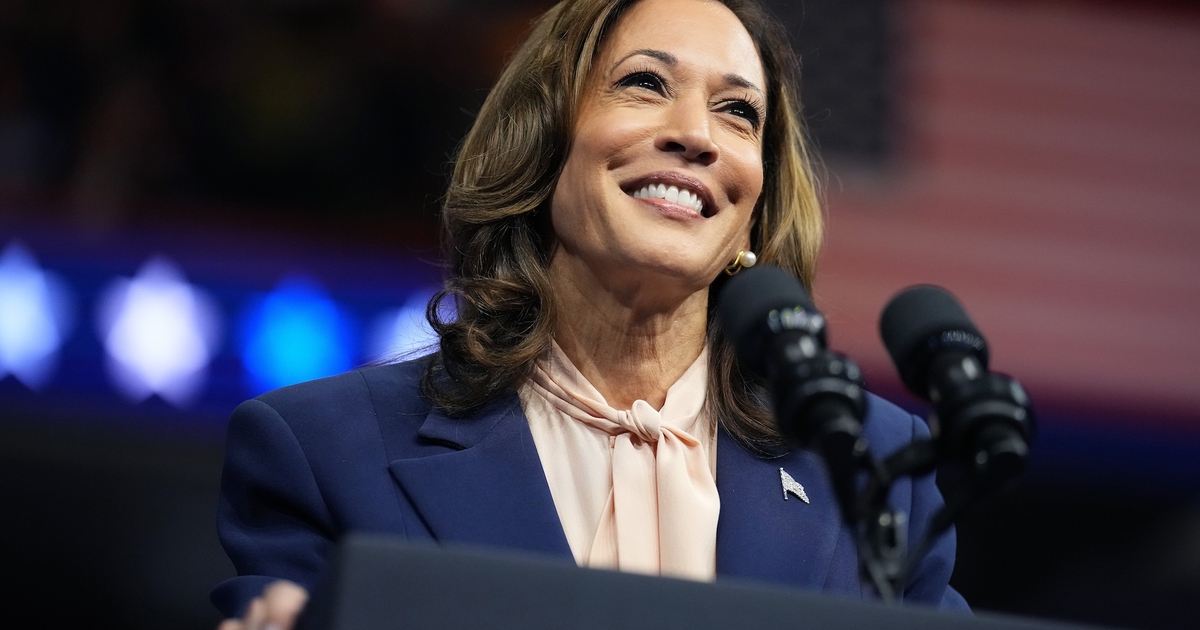
Vice President and presumptive Democratic presidential candidate Kamala Harris announced at a Las Vegas campaigning rally on Saturday that she would support raising the federal minimum wage and eliminating federal income tax on tips earned by service workers, including restaurant employees.
“We will continue our fight for working families of America, including to raise the minimum wage and eliminate taxes on tips for service and hospitality workers,” Harris said during the rally.
Later, Harris’ campaign officials clarified to media outlets that she would work with Congress to draft legislation that would include an income limit and other requirements that would prevent high-income earners like hedge fund managers from claiming benefits from a no tax on tips’ federal policy.
The presidential candidate joins Congressional Republicans and the Trump campaign in supporting getting rid of tax on tips, indicating that the policy position is a popular one, and could see bipartisan support, regardless of whether Harris or Trump is elected president come November. Former president Trump later accused Harris of “stealing” his policy ideas on his social media platform, Truth Social.
The “no tax on tips” policy was first proposed last month by Sens. Ted Cruz (R-Texas), alongside Steve Daines (R-Mont.), Rick Scott (R-Fla.), and Kevin Cramer (R-N.D.), who introduced the “No Tax on Tips Act,” which would exempt cash tips from federal income tax requirements, starting in 2025. Employers would still be required to pay their portion of the payroll taxes. Employees would also still be subject to any state taxes on their tips.
Although Harris did not indicate by how much she would raise the federal minimum wage if she were elected president, the last attempt to raise the federal minimum wage to $15 an hour in 2025 by the Biden White House failed in March 2021, after it was struck from the American Rescue Plan by Congress.
As of August 2024, seven states, plus Washington, D.C., have minimum wages of at least $15 per hour (California, Connecticut, Maryland, Massachusetts, New Jersey, New York, and Washington). Additionally, 30 states out of 50 have minimum wages that are higher than the federal minimum wage of $7.25, which has not changed since 2009. In California, which has enacted a statewide minimum wage of $20 per hour specifically for fast food workers, restaurants have raised their prices in the state and have been seeing lower foot traffic already since the law was enacted in April.
Both of these proposed policies have been criticized by detractors who state that they would greatly impact the nation’s federal deficit: According to the Committee for a Responsible Federal Budget, getting rid of taxes on tips and raising the minimum wage would double the federal deficit over the course of a decade from $100 billion to $200 billion.
Contact Joanna at [email protected]









